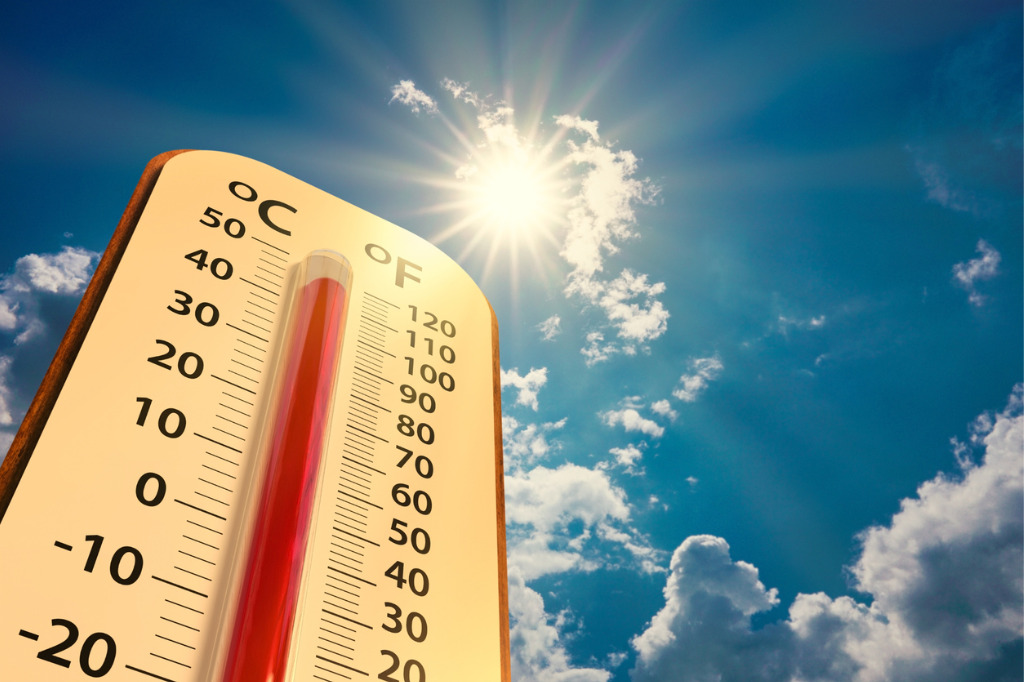Navigating Summer Heat in Baltimore: Staying Safe
July 10, 2024 Steven Deck
Here are some tips for staying safe during extreme heat, which can negatively affect your health.
Summer in Baltimore invites us to embrace outdoor adventures, but it’s crucial to recognize the health risks associated with high temperatures. As this American Public Health Association’s infographic highlights, the summer of 2023 was globally the hottest on record. Additionally, urban neighborhoods can experience temperatures up to 20 degrees hotter than non-urban areas. This can negatively affect your health in the following ways:
- Cardiovascular and Respiratory Health: Hot temperatures can exacerbate cardiovascular and respiratory conditions. Be mindful of your health and take necessary precautions.
- Dehydration and Heatstroke: Hydration is key. Drink plenty of fluids to prevent dehydration, and be aware that extreme heat can lead to potentially fatal heatstroke.
- Mental Well-Being: High temperatures also can impact mental health. Stay connected with loved ones and seek shade when needed.
Remember, knowledge and preparation are our allies in combating the heat. Here are tips for staying safe during extreme heat and what you can do to help in the fight against climate change.
Staying Safe During Extreme Heat: Essential Tips
As temperatures soar, it’s crucial to take precautions to protect yourself and others. Follow these guidelines to stay safe during extreme heat:
- Stay Hydrated: Drink plenty of water throughout the day. Proper hydration is essential to combating heat-related stress.
- Avoid Dehydrating Substances: Steer clear of alcohol and caffeine, which both can contribute to dehydration.
- Seek Shelter: When the heat becomes unbearable, reduce outdoor activities and seek refuge indoors. Air-conditioned locations provide relief from the scorching heat.
- Never Leave Children or Pets in Hot Vehicles: Even brief exposure to high temperatures inside a closed car can be dangerous. Always check your vehicle before leaving it unattended.
- Look Out for Vulnerable Neighbors: Check on older adults, ailing individuals, and frail neighbors. Offer assistance if they need help coping with the heat.
Watch Out for Heat-Related Symptoms
As temperatures rise, be vigilant for signs of heat exhaustion and heatstroke. These symptoms include:
- Confusion
- Hot, dry, flushed skin or cool and clammy skin
- Lightheadedness
- Nausea
If you or anyone around you experiences these symptoms, don’t hesitate: Call 911 immediately. Prompt action can prevent serious heat-related complications.
Stay safe and take care!